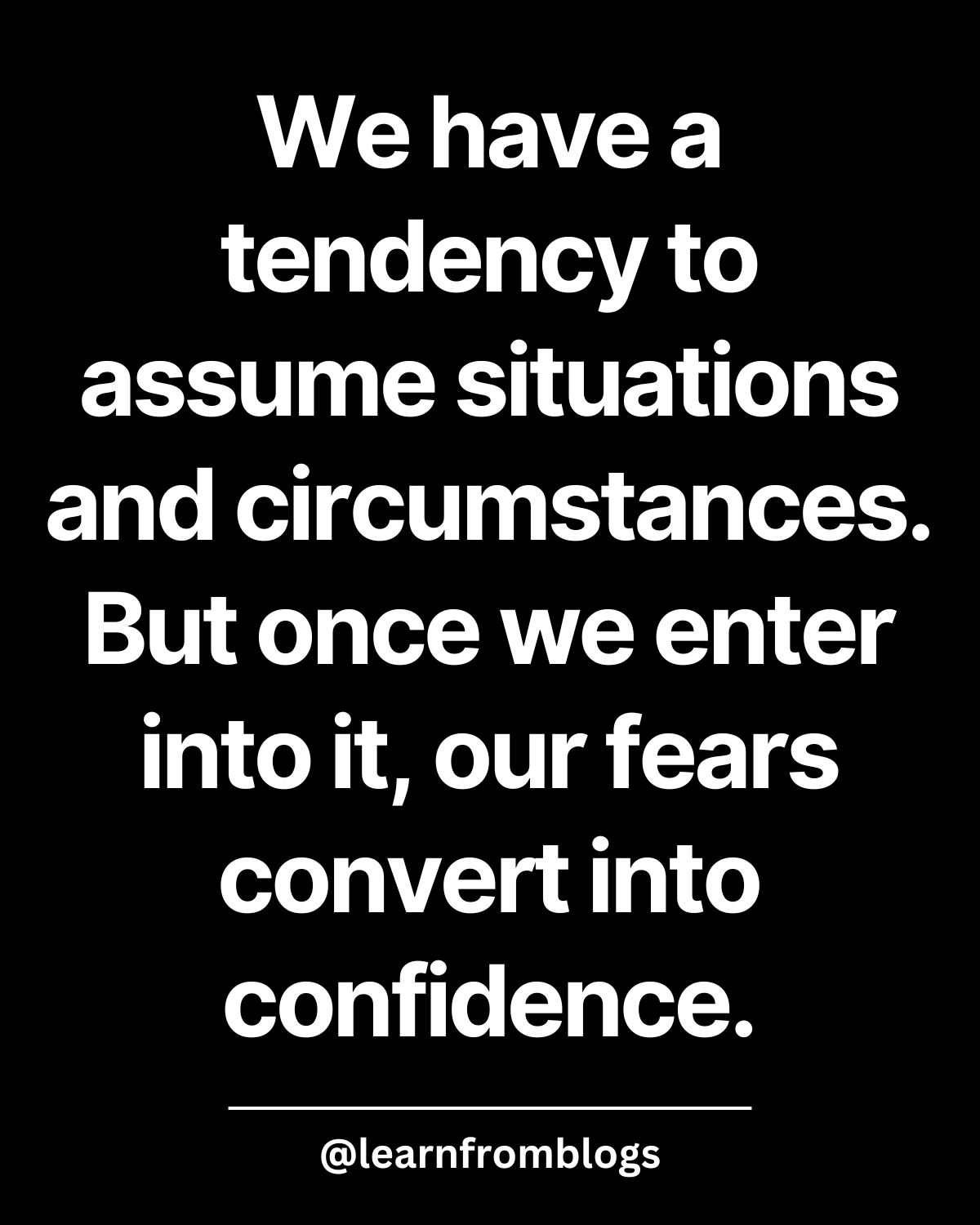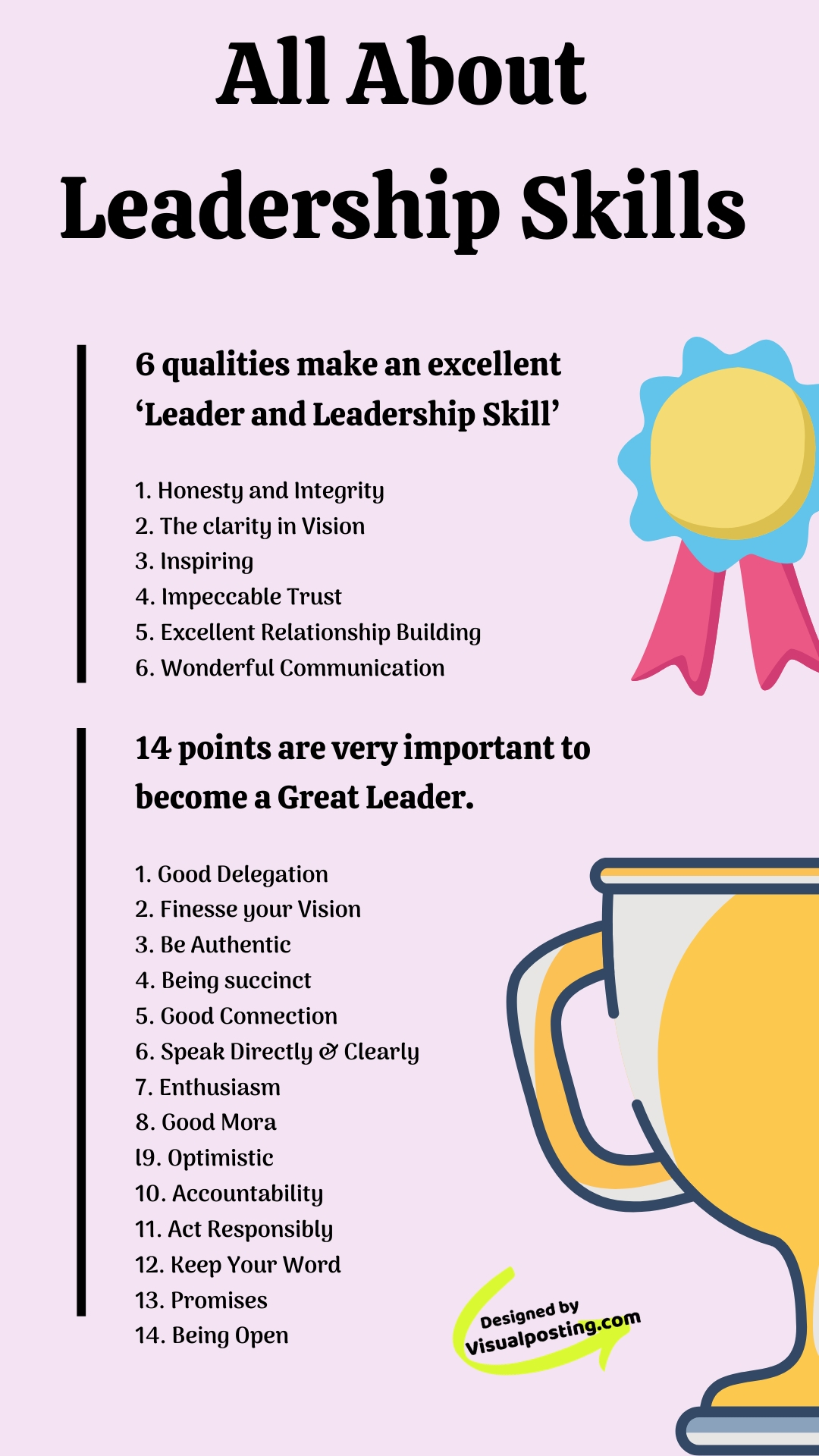
6 qualities make an excellent ‘Leader and Leadership Skill’
1. Honesty and Integrity
2. The clarity in Vision
3. Inspiring
4. Impeccable Trust
5. Excellent Relationship Building
6. Wonderful Communication
14 points are very important to become a Great Leader.
1. Good Delegation
2. Finesse your Vision
3. Be Authentic
4. Being succinct
5. Good Connection
6. Speak Directly & Clearly
7. Enthusiasm
8. Good Moral
9. Optimistic
10. Accountability
11. Act Responsibly
12. Keep Your Word
13. Promises
14. Being Open
Developing these soft skills will help managers become good leaders.
1. People-Oriented Approach
2. Give room for Free Thinking
3. Autonomy
4. Don’t Micromanage
5. Be a Good Bridge
6. Communications
7. Self-Analysis
8. Constructive Feedbacks
9. Acceptance
10. Work Integrity
A great manager will always be seen as a great leader to the workforce and the subordinates. A great manager can balance the workforce and the organization making them good leaders.
To answer the question of ‘What makes a Great Manager the Leader’, you need to understand what it takes to be a good manager.
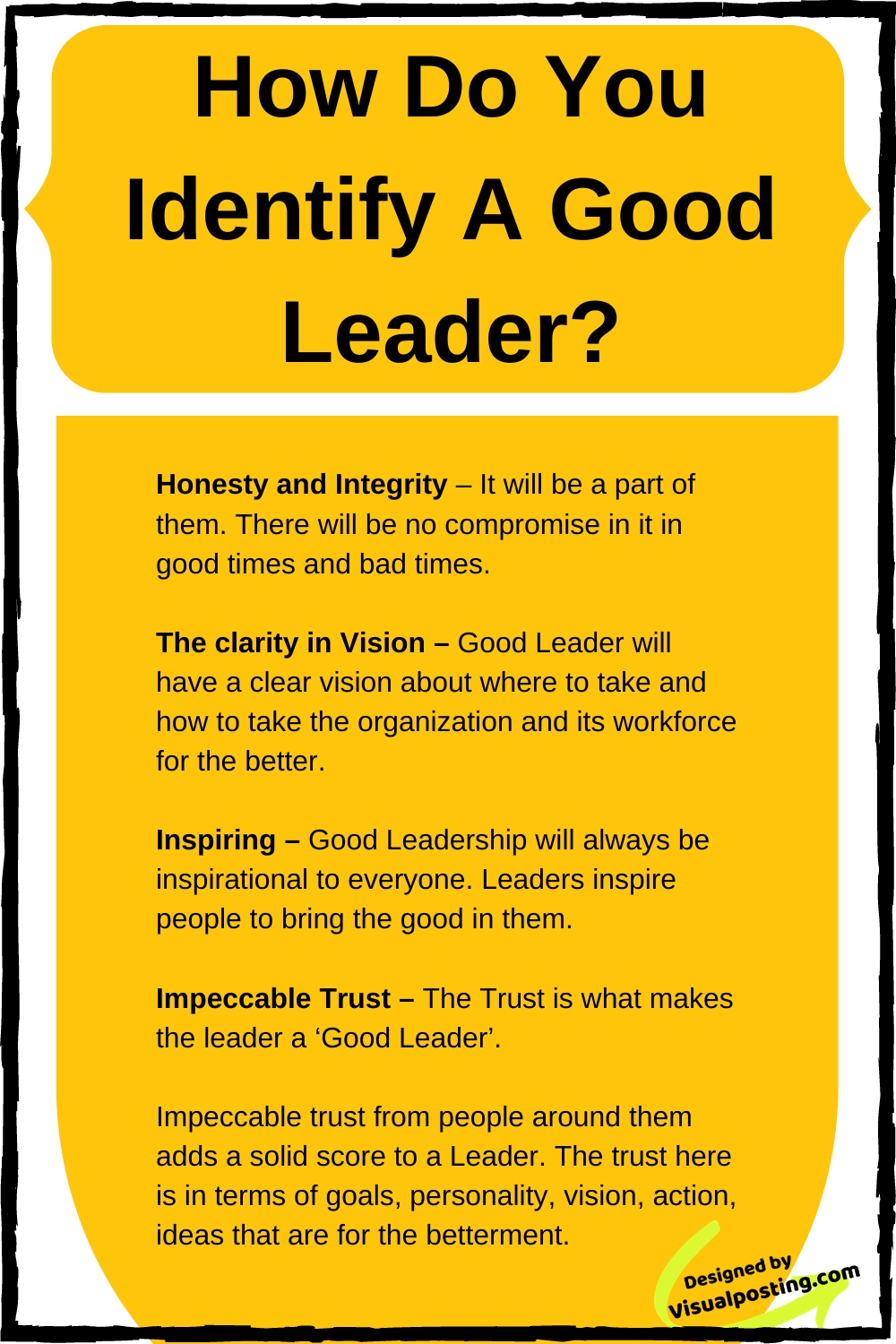
Good Leaders are born. Good Leaders are made. Either way, there are unique personality traits that set them apart from the rest. So, how do you identify a good leader? Look for the following points.
1.) Honesty and Integrity –
It will be a part of them. There will be no compromise in it in good times and bad times.
2.) The clarity in Vision –
Good Leaders will have a clear vision about where to take and how to take the organization and its workforce for the better.
3.) Inspiring –
Good Leadership will always be inspirational to everyone. Leaders inspire people to bring the good in them.
4.) Impeccable Trust –
Trust is what makes the leader a ‘Good Leader’. Impeccable trust from people around them adds a solid score to a Leader. The trust here is in terms of goals, personality, vision, action, ideas that are for the betterment.
5.) Excellent Relationship Building –
Leadership is about building a relationship based on trust and ethics. Good leaders make sure that it is done first followed by work and skillsets.
6.) Wonderful Communication –
Communication is the key to good leadership. If there is failed communication, expressing goals and vision for the entire organization will become void. You can see those good leaders in the organization will be good communicators.
The above 6 qualities make an excellent ‘Leader and Leadership Skill’ for any organization. If you need to understand what it takes to be a good leader, then let’s discuss it.
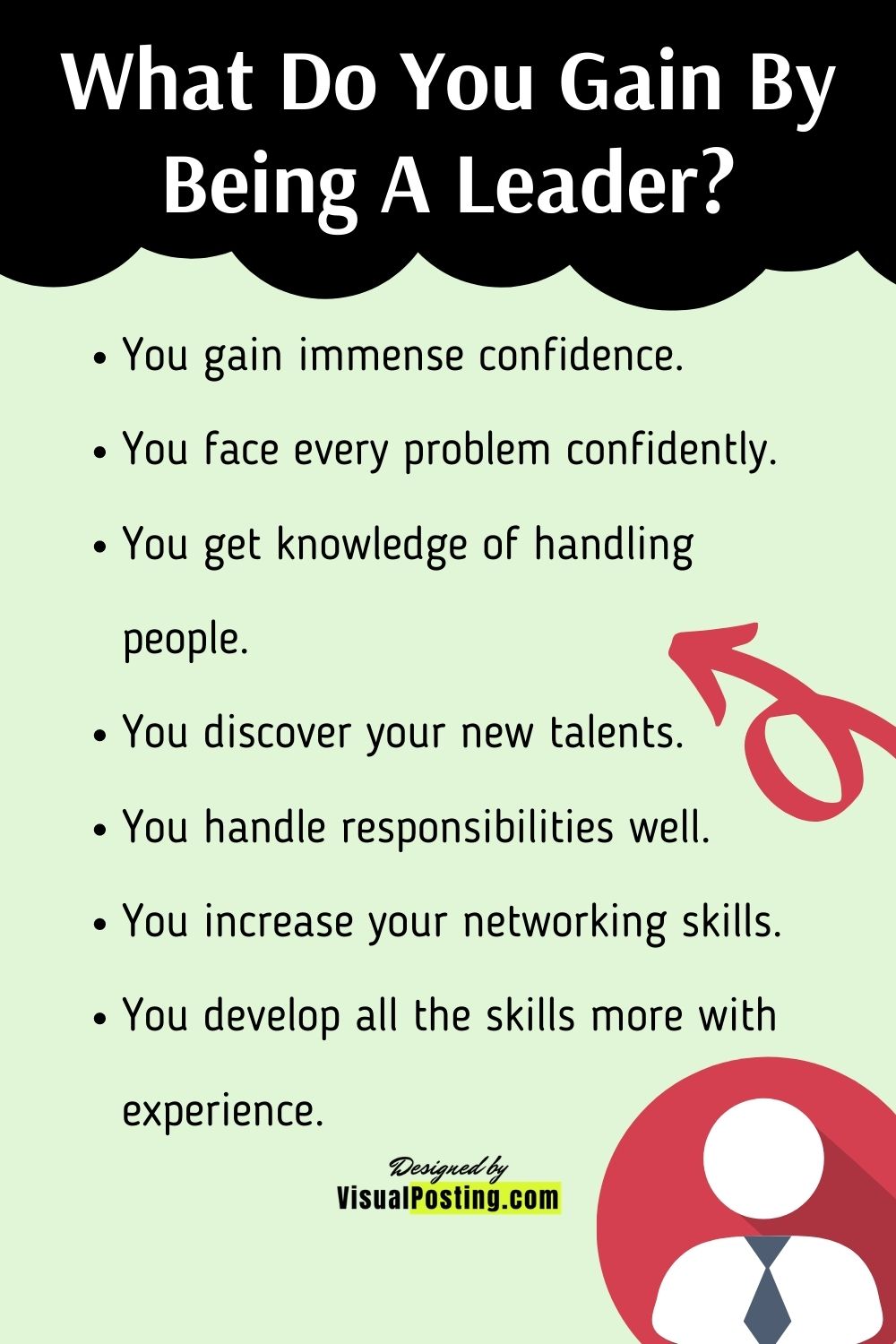
For being an effective leader, you need some important skills as follows:
• Good communication skills.
• Empathy.
• Understanding.
• Good simplification.
• Time management.
• Work management.
These are some of the common leadership skills which are required. Some skills you learn by being a leader. Being a leader can bring a drastic change in your life as it, directly and indirectly, affects your personal and professional life too.
These are the things which you gain by being a leader:
• You gain immense confidence.
• You face every problem confidently.
• You get knowledge of handling people.
• You discover your new talents.
• You handle responsibilities well.
• You increase your networking skills.
• You develop all the skills more with experience.
These are the skills that you gain after leadership.
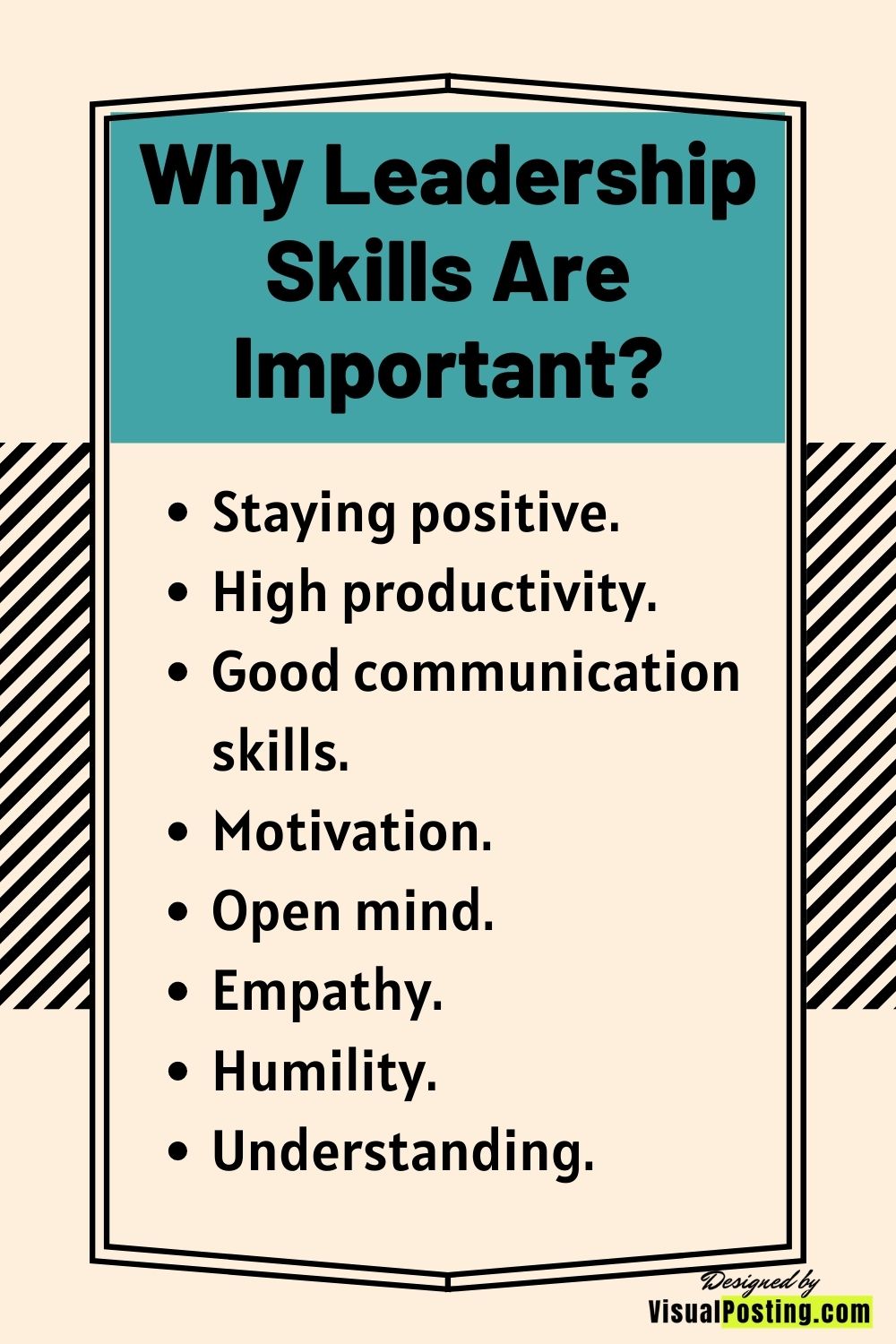
As a leader, having leadership skills is very important as the team members seek the leader's qualities. Many leaders have the skills of communicating well, motivation, productivity, problem-solving, etc. These are the skills necessary as a leader as it helps to tackle every problem that comes on your way.
Leadership skills include:
• Staying positive.
• High productivity.
• Good communication skills.
• Motivation.
• Open mind.
• Empathy.
• Humility.
• Understanding.
These are the skills that leadership, directly and indirectly, teaches us. These are the skills that we need to inbuilt in us for being a leader. These are the skills which help us in our personal as well as professional life. Try to adopt these leadership qualities within you, and you will notice the positive difference within you.
"The road to success and the road to failure are almost exactly the same." -- Colin R. Davis

If I am not wrong we all are familiar with what it means to be a leader. There is a very old fashioned view that to be a good leader one needs to be born as a leader, only then you can lead others. But the meaning of the leadership has changed with the developing generation. There are different areas where we get chances to perform as leaders. You will be called a very good leader when you have the leadership qualities in you and those qualities are:
Patience: A good leader must be passionate. He should be able to handle any situation without losing his temper and not without thinking.
Persistence: It is one of the most important qualities a good leader should have, the ability to stick with one particular thing. No matter what the situation is even if you are left all by yourself be confident enough and handle it.
Hard work: Hard work is essential in everything we perform and so is it required to be a good leader. If you are a leader you will have to work extra for the welfare of your team, without thinking about the time of the day.

Modern concepts of leadership differ from the traditional definition of a charismatic individual leader.
Historically, leadership has been vested in positions, while today, leadership is seen as a role one moves continuously into and out of, depending on the circumstance.
Leadership ideas have evolved so that newer characteristics of leaders include being a team builder, possessing creative and strategic thinking skills, demonstrating honesty and integrity, and having the ability to motivate others to action.
Leadership in the health sciences has a major gender bias: men have a higher probability of attaining leadership positions and women are underrepresented in higher medical administrative positions despite their growing Workforce parity and projected future majority.While language including the words ‘‘leader’’ and ‘‘leadership’’ and the study of influence is relatively recent phenomena, the popular models of leadership Have been fluid throughout history. Time, place, need, and circumstance all have significant impacts on effective Leadership styles.
Today, the role of a leader or manager is continually changing, and the tools and expertise required for these two roles overlap and are generally inseparable. Both leaders and managers create order, develop shared goals.

- Relevant Experience: You want to follow someone who knows what they are doing.
- Results-Oriented: Good leaders will always look at measurable results. Numbers are the only fair way for compensation and promotion
- Fair: A good leader will go to the mat for their people. They will also be effective in the discipline as well. Culture is a breathing thing. Follow the praise publically/discipline privately motto
- Ethical: Don’t roll your eyes. Good people will not work effectively over the long term with unethical people.
- Visionary: Sees the future years before it happens. Steve Jobs was visionary and saw the future of technology long before it happened.
- Team Oriented: You have to love, respect people, my friend…or learn how to program computers
- Controls Emotions: Sure, it's ok to blow up, but on occasion and with a cause. Typically, leaders are sober people in control
- Financial Conservative: Results, numbers-oriented people do not bet the farm on a passing fancy
- Good Work Ethic: Seriously, people do not follow slackers unless they are slackers
- Humility: It's OK to be human, make mistakes, but learn to apologize and be humble

- Leaders are agents of change
- The customer is the priority
- Leadership is inclusive
- Leadership is no longer hierarchical
- There is a new vernacular
- There is shared accountability
- Digital Literacy
- Innovation
- Risk-Taking
- Adaptability

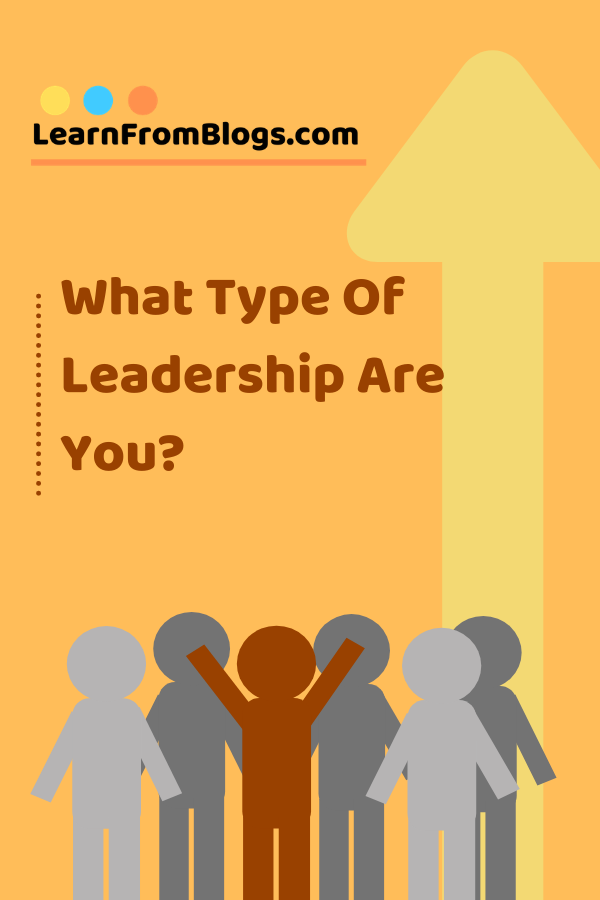
Self-leadership:
Regardless of whether you are driving a small team or a vast association, all leadership attempts start with self-leadership. Self-leadership starts with thoughtfulness and improvement of one's passionate knowledge. Leaders must know themselves first before they can successfully lead others.
Singular leadership:
Individual leadership is about execution at an abnormal state as an individual giver. Leadership isn't just an element of a situation on an organizational diagram, yet also a singular performance. Anybody at any degree of an association can be a leader, notwithstanding when they are not in a formal leadership position.. Singular leaders are perceived for their leadership in establishing the tone and elevated requirements in their work.
Team leadership:
Team leadership is the leadership of a small team. It includes direct collaboration between the leader and their supporters. By and large, the leader is in constant contact with their team individuals, and the leader is in charge of everything the team does or neglects to do.

- They don’t let the team do all the work
- They do not say “yes” to everything
- They do not criticize publicly
- They do not induce the notion that only leaders influence and make say what decisions are made
- They do not create a monarchy
- They do not feel entitled
- They do not create politics in the workplace
- They do not focus on low value/return work
- They do not produce low quality work
- They do not set low standards

- Keep your ego at bay, at least, when you communicate
- Use appropriate Chanel of communication as per the situation or circumstances demand
- Be proactive and gather the information as well as understand it in the first hand / Specifically, related info of your domain
- Maintain trust at almost all costs
- Be great at what you do
- Be right, a lot
- Generously give away power
- Make sacrifices
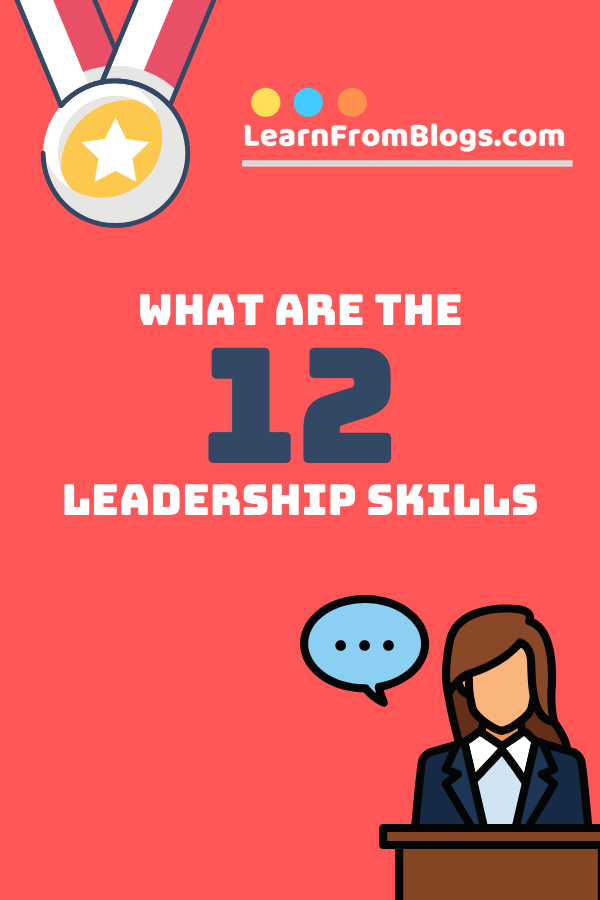
- Ability to listen, including being open to others' ideas and suggestions
- Ability to get people on board with a specific system/plan
- Ability to listen - to the relevant things and ideas
- Being respectful
- Being well-respected and having credibility
- Setting a good example
- Ability to connect the dots - you will never have “enough “ information to take “safe decisions”
- Ability to emotionally handle stress and anxiety triggered by uncertainty
- Ability to ask a lot of questions - and not to become a bank of the right answers. This will help your team to feel respected and trigger their engagement
- Build your resilience - take it that some failure is inbuilt, yet it should not deter from experimentation or challenging the status quo
- Maintain eye contact with whom you are talking. If you are talking with the group, everyone should feel that you are talking to each other
- Should be able to understand the non-verbal cues.
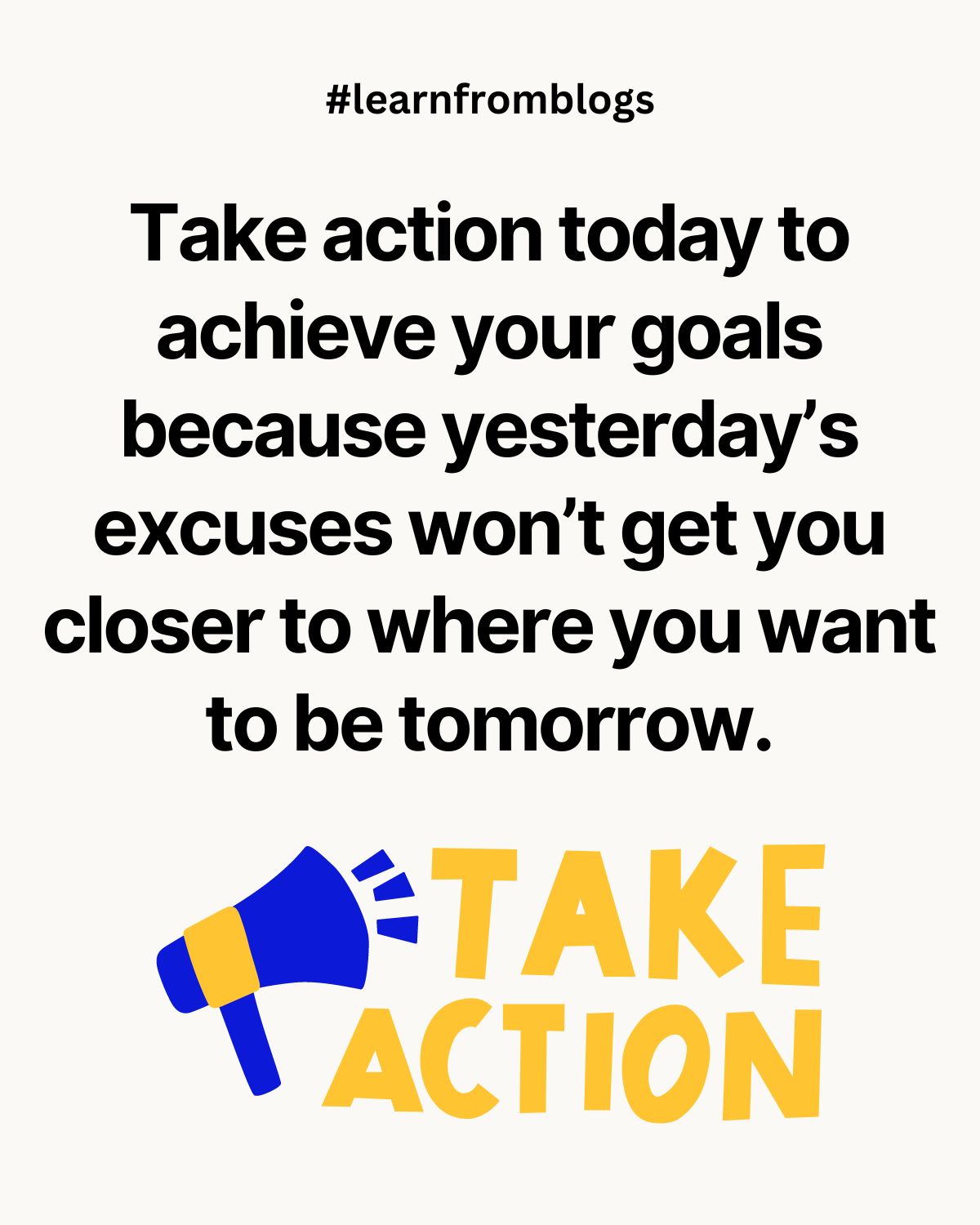

All the core competencies of leadership, such as:
- Self-management and discipline
- The ability to see and communicate the vision
- The willingness to experiment or challenge a status quo
- Emotional intelligence
- Personal humility
- An aggressive and persevering drive for success
- The ability to organize ideas and people
- Clear Vision on the Journey and goals
- Empowering the team ( Keeping the team in the front )
- Willingness to serve the team ( Servant Leadership)
- Keep away the ego and Authority
- Honesty and integrity
- Adaptability
- Managing change
- Decision making and problem-solving
- Visionary
- Communicating effectively

- Decide that you will be amazing
- Praise instead of cash rewards
- Talk to yourself
- Wake up early, see the sunrise and sit down for at least 5 minutes of meditation
- Give away and donate regularly
- Work on your communication and writing skills every day, in meetings, at conferences, etc.
- Express gratitude.

- A good leader always communicates with his subordinates so that they clearly understand the mission and how to carry out an outing. They make sure that each subordinate understands that they can be their main tasks in the team to fulfill the mission, so, in the absence of the leader or the orders, anyone can achieve the mission if necessary.
- A good leader takes the time to train the people below them on how they do their job, so when the time comes for the leader in moving to the next service position, the leader trusts the next person can achieve that leadership position.
- A good leader should not fraternize with his subordinates (except in activities authorized by the company) during off-duty hours. He has seen some good leaders stay on the road due to activities outside the service with subordinates

- A good leader is also a good follower. One must do both to succeed.
- Take good care of your people, and your people will take care of you.
- The definition of leadership in the army is: make people do what you want them to do to accomplish the mission.
- A good leader can delegate authority, but can never delegate responsibility.
- No matter how difficult or stressful see a situation (being ambushed under strong enemy fire, a point of losing an important business or client), a good leader takes action, even if it can end up being an incorrect action. It is always better to act than not to act at all.
- A good leader takes the initiative in the absence of orders.
- A good leader praises and rewards his subordinates for their outstanding performance and successful achievements in the mission. The leader team understands how important they are to the success of the team and the leader.
- A good leader who enters a new company looks for who are the people/person with better performance in the company, and the behavior model and actions of that person/people with the intention of performance better than that person/people.


Being a leader is a great responsibility given to a person. To be a leader, you must be someone whom everyone can admire since people will find inspiration and motivation within you. Being a good example is necessary for people to follow you.
The question now is: how can you be one? To help you, here are qualities that a great leader must possess:
- A great leader knows how to listen.
- A great leader knows how to empower.
- A great leader has honesty and integrity.
- A great leader has a strong communication.
- A great leader must have positivity.
- A great leader knows when he is wrong.
- Lead by example The best leaders set the example for the actions they take, from the cleanliness of their clothing to the care of their team, their clients, and their employees/team.
- A good leader must have every opportunity to receive education, training, and read books. Good leaders read, learn, and understand the situation.
- The most valuable training a good leader can get is an experience. The real experience of being directed, leading people, and motivate teams.
- A good leader is also a good follower. One must do both to succeed.

Leadership style is the methodology that deals with the interaction between the leader and his subordinates.
The most common leadership style is given below:
- Autocratic leadership:
- Autocratic leadership is one in which the leader takes control of all things. There is a lack of consultation. Individuals do not have the opportunity to be creative at work because the autocratic leader retains control of decision making.
- Democratic leadership:
- Democratic leadership allows the leader to make decisions with the help of subordinates. The queries are not missing.
- Free Rain Leadership:
- Free rain leadership allows the leader to delegate decision-making authority to employees quite completely. Delegation completed Free rain leaders assign work to employees and then let them decide how they will complete the task.
Autocratic leadership:
Autocratic leadership deals with limited delegation, while democratic leadership deals with free rain consultation and leadership with full delegation.

1. Collaborate
One that tries to move mountains by itself fails, and those who use a competent workforce (and perhaps some technology) win.
2. Communicate
Give a clear direction. The fact that there is a job description does not mean that people understand what needs to be done to achieve results. Do not assume that you and your employees are on the same page. Create control points and talk to them often to ensure success.
3. Candid
Being honest sounds fundamental to being a great leader, however, people often hide what they have in mind because they don't want to hurt someone's feelings
4. connect
Set the value of feedback: give and share equally. As leaders, we can gather very little truthful feedback. If people feel that their voice is important, their ideas valued, they are more likely to remain engaged.
5. Care
People want to feel valued. One way to encourage that is to ask them about their life. What do they enjoy? How is your family? Did you find time to relax on a recent vacation? Work is not everything in life, and people feel loyalty when a leader cares about them as a person, not just as a workhorse.

“Leadership is not about being in charge. Leadership is taking care of those in your charge.”
Leadership is all about inspiring your teammates. You don’t encourage them by showing how amazing you are. Instead, you inspire them by showing them how amazing they are. If you want to lead people, you have to walk behind them. If your actions inspire others to dream more, learn more, do more, and become more, YOU ARE A LEADER.
